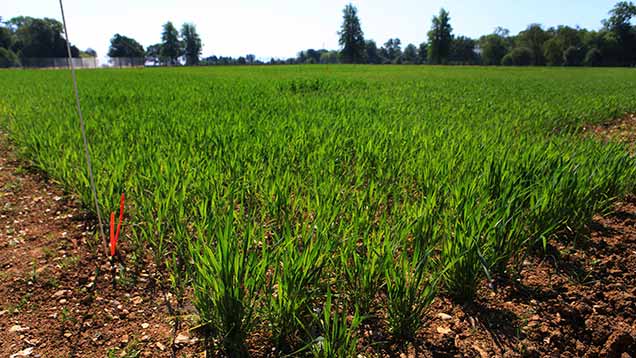EU bill to accept or ban GM crops moves closer
 © Rex
© Rex New legislation to allow EU member states flexibility to grow or ban GM crops has moved a step closer.
Negotiators representing the European Union, parliament and council have agreed a draft directive on the policy.
In a statement, the EU’s health commissioner Vytenis Andriukaitis welcomed the agreement.
He said it would give member states “the possibility to restrict or prohibit the cultivation of GMOs on their territory, without affecting the risk assessment”.
See also: Owen Paterson backs EU proposal to fast-track GM crops
The European Council’s permanent representatives committee approved the draft directive on 10 December.
“The green light to the directive is a very significant step towards a long-awaited goal: the full sovereignty of member states to allow, or not, cultivation of GMOs on their territories,” said Italian environment minister and EU Council president Gian Luca Galletti.
“The fruitful co-operation of the Italian presidency with the European Parliament and the commission has led to a coherent and fair text that provides a sound legal basis ensuring member states’ freedom of choice on GMOs.”
The draft directive reflects an agreement reached between the Italian presidency and representatives of the European Parliament and the European Commission on 3 December. It still needs to be formally approved by the council and the parliament.
If parliament and council confirm the text early next year, the new regime is expected to enter into force in spring 2015.
The draft directive would grants member states more flexibility on the cultivation of GM crops.
Only one GM crop is currently grown commercially in the EU – Monsanto’s insecticide-resistant maize MON810 – due to strict regulations.
Last month, the UK government’s chief scientific adviser Sir Mark Walport said the ban on GM crops may have caused more harm than growing them.
He told MPs on the science and technology committee: “The consequence of inactions are that we are potentially, particularly in Europe, denying access to technologies that actually will potentially help feed people in ways that damage the environment less.”
However, critics have questioned the environmental, social and economic impacts of growing GM crops.

